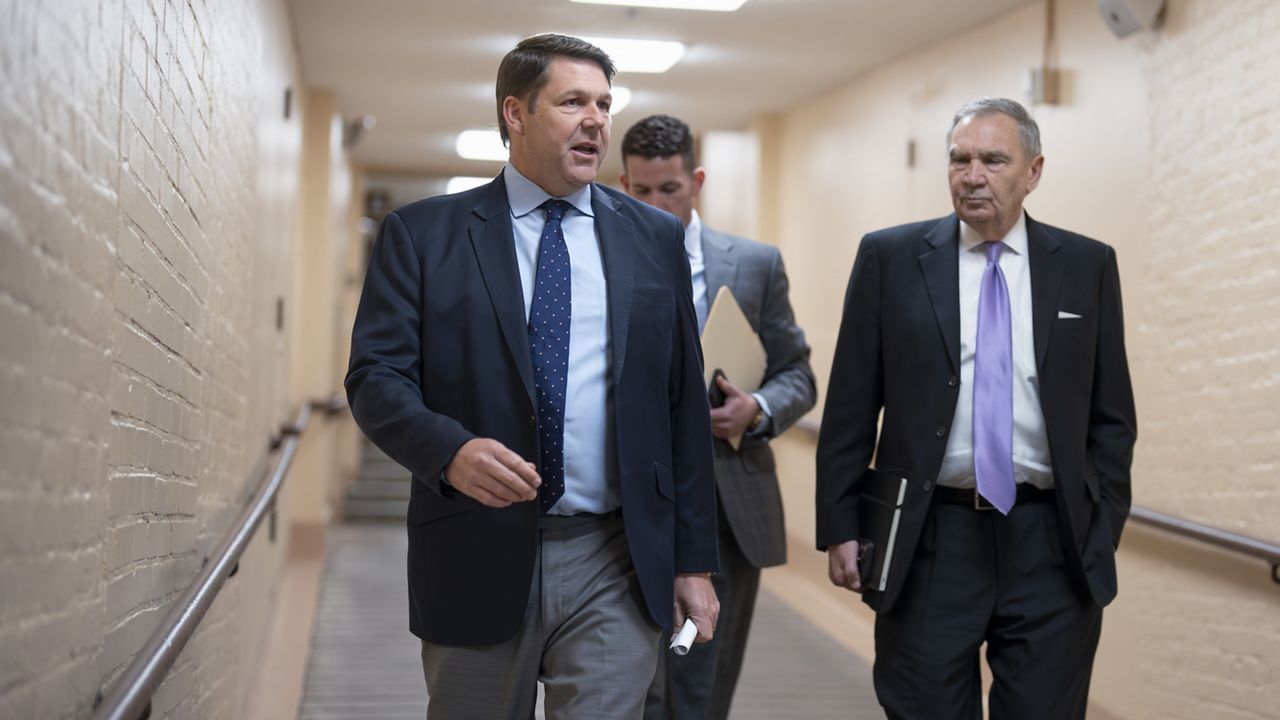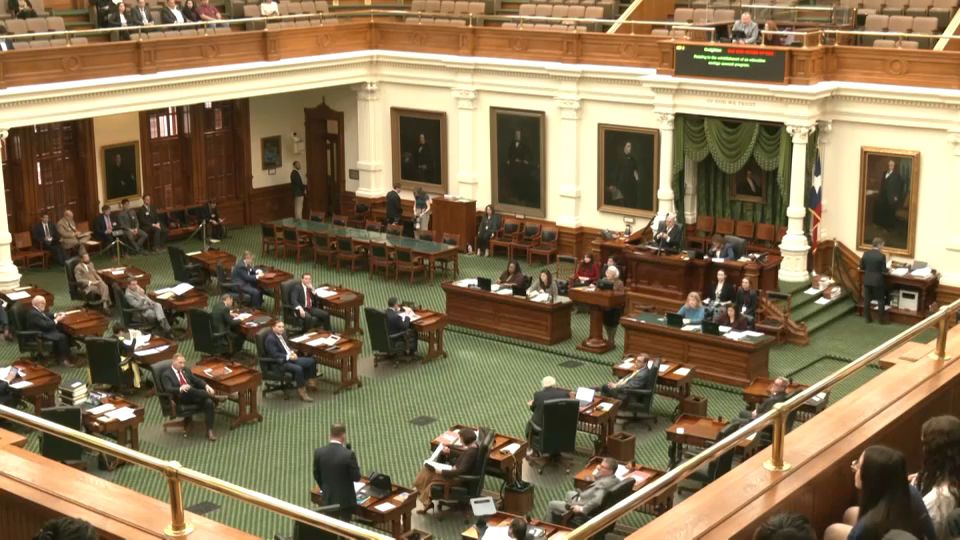AUSTIN, Texas — With the Texas Legislature set to meet in the new year, lawmakers are already drafting their bills, and advocates are calling on them to expand services for people with disabilities.
The Rothe family has a unique living situation.
After their son was accepted to the University of Texas at Austin, the family moved from North Texas to Williamson County. They wanted to be closer to him because of his muscular dystrophy.
But the family had trouble finding a full-time care attendant in part because of a low minimum wage set by the state for at-home care workers. So Jessica Rothe’s husband lives on campus with their son, now a senior, to help him with everyday tasks.
“It would have been so much better if we can, you know, hire somebody to help him so he can grow and become an adult, functioning adult,” said Rothe.
During the last legislative session, Texas lawmakers raised the minimum wage for at-home care providers from $8 to $10.60 an hour. This is lower than what care providers in state facilities make.
A bill to raise minimum wage to $15 an hour has been proposed ahead of the 2025 legislative session, which Scott Daigle with the Texas Council for Developmental Disabilities thinks will pass.
“It is cheaper to keep somebody in the community going about their day-to-day than it is to put them into an institution where the services that are provided are much more substantial and costly,” said Daigle.
Increasing the minimum wage for community care providers is one of around 20 bills filed so far that address issues that people with disabilities face every day. San Antonio Sen. José Menéndez proposed a bill that would require public transportation providers to receive training on how to support passengers with intellectual and physical disabilities.
“Whatever device you use for mobility, you have to strap it down in place securely so they don’t, you know, slide it around or get moved around. If you’re not trained in how to do this appropriately, you could make someone feel concerned, frightened. You could put them at risk,” said Menéndez.
Advocates for legislation to help people with disabilities say these proposals are important because discrimination still occurs.
El Paso Rep. Mary González proposed a bill she hopes diminishes that. If passed, her bill would require child care providers to meet with families to find out what assistance their child needs before possibly turning them away.
“I think sometimes we think that it is unattainable, but sometimes there’s small shifts that we can make both in those facilities and in society to be inclusive and accessible to everybody,” said González.











